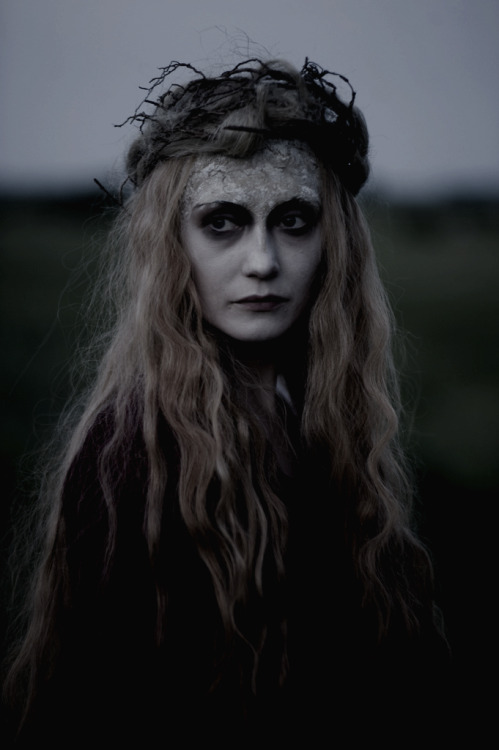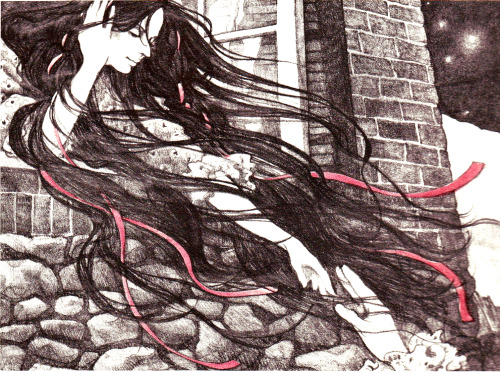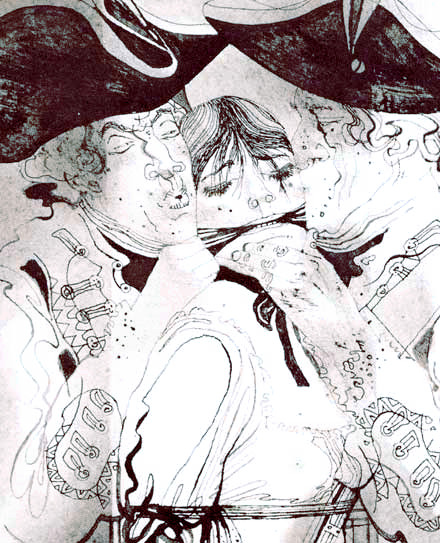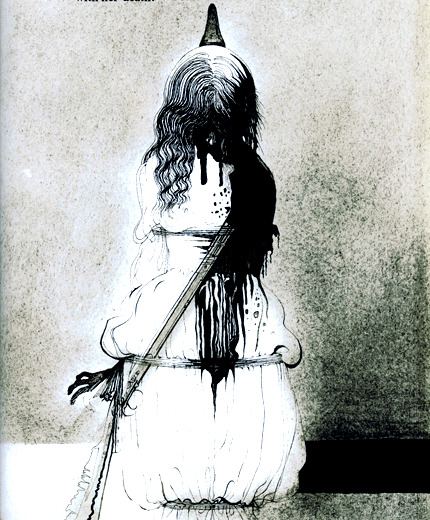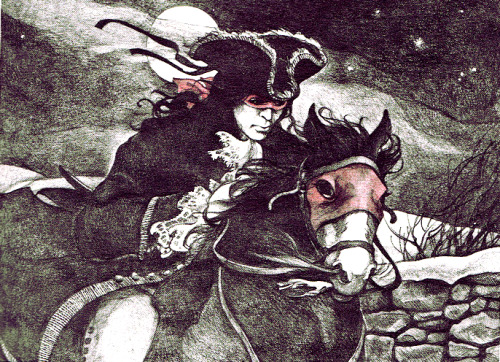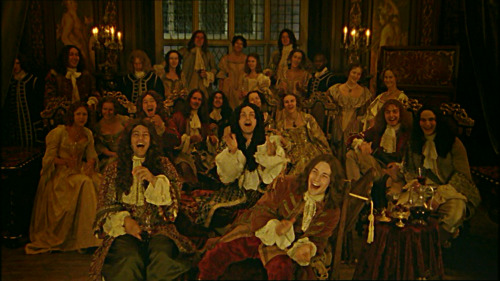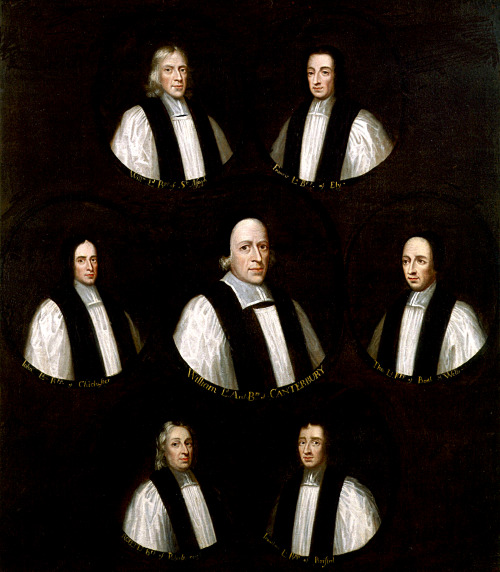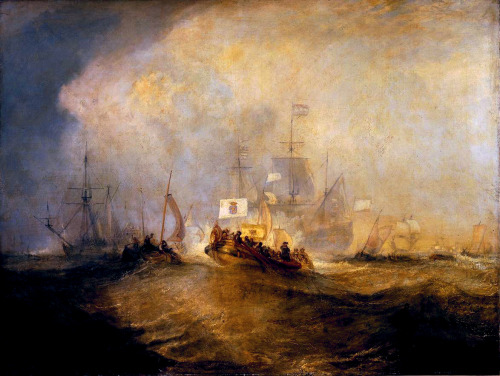#important plot point
On the origins of magic: how the wands came to be. (4/?)
From: Postcolonial resistance in the mythologies of the magical peoples of the South Asian subcontinent ed. Sunil P. Patil (1991).
Old magic. Old magic old magic old magic.
How could people forget?
How could people forget the magic that had helped raise the great stones, that had marked the stars that pyramids pointed to, that had sunk ancient cities and raised rivers from deserts?
How could they forget?
All too easily, the answer rang back, all too easily. They had forgotten how to live, breathe and drink magic. Had forgotten how the men of yore had lived without wands; how without those twigs the magic was channeled through movement and sway and song and sacrifice. How without those twigs the only barrier to the magic you could make was yourself, was your own mind, your own sacrifice. How without those twigs you could do anything when you had enough strength.
Magic was a muscle, the elders said. Practice with it and it shall grow, just as by lifting rocks and timber each day your muscles shall grow. But take one of those sticks, those little twigs and you are using a lever to do that work for you, you are letting yourself be weak when you could be so so so strong.
The young ones ignored them, pointed at them laughed at these elders stuck in their old ways with dreams of a great and ancient past but naught to show for those dreams, and argued that now they were old how could they sway and sing and sacrifice? Was it not better to do less for more? To conserve, waiting for a greater task, The Great Task? Why offer themselves up mind, body and soul to magic when in a moment, with a mere flick of a wrist, with a wand they could do the same thing just as well? And these elders could lament wands all they liked, but they had nothing to show for all their boasts of glory, could not with such precision, with such finesse accomplish the things these children could.
The elders’ faces were impassive.
The elders’ faces betrayed nothing.
So it went, for years and years, the children slowly outnumbering the elders, growing proud and mighty in their strength until the elders worried. Worried that in their pride the children would grow reckless, would forget that magic was no toy but a powerful force, one to be reckoned with - one that would demand its pay.
A great council they summoned, drawing magical folk from every corner of the uncivilized world and told them of their fears - of how they feared the children had forgotten the old magics of the world, had forgotten what it meant to channel power and force, what it meant to be responsible.
They fought. Father against son. Mother against daughter.
And late that night elders from every corner of the uncivilized corners of the world met in an old forest, untouched by time and human hands, still throbbing with the ancient magic of the world, deep and dark. There they breathed their old and ancient magic for the very last time, letting it seep through their veins, rich and heady and intoxicating. Then with calls foreign to all, they rose and bound their children.
You want wands? they asked the magic they worshipped and worked with, You want levers and magic getting weaker?
Then so be it.
They bound the magic and their children all at once, forever cursing those who took in hand the twigs they called wands, weapons, to be doomed to a life torn away from the old magics of the world. So it was that when a child used a wand, working wandless came to be a burden, a path fraught with great difficulty that few except the most dedicated would ever tread.
It is their punishment. The consequence of their folly.
When you see them, with their wands, remember the old magic, the magic that you breathe, drink and live. It is this magic in your veins, the magic of the civilized lands of the world. Dusty, old with time. Exercise it, children, use it, concentrate, feel it, let it flow through you, lest it be taken from you and lost forever.
I am disappointed, of course, that father never got to see this book. I think he would have quite enjoyed it. Would have found plenty of good use for it in his research.
Naturally, as you might imagine, the book is popular only among a few select academic circles in the wizarding world. Wands as punishment? Sacrilege! Though I suppose one ought to be thankful it did not receive the Myths of Magical Europe treatment. A.R.
(Submitted by essayofthoughts, with a few minor edits on my part.)
Post link
The Highwayman’s Tale
Blood-red were his spurs i’ the golden noon; wine-red was his velvet coat,
When they shot him down on the highway,
Down like a dog on the highway,
And he lay in his blood on the highway, with the bunch of lace at his throat.
The Highwayman’s tale is a story each pureblood child hears in their cradle and is repeated to them, year after year, night after night until the words are forever locked into their hearts and they can tell the tale without stumbling, so that one day they too may pass this story to their children to teach them what it means to be a witch or a wizard.
Muggleborns who ask why, in these modern times, the magical folk still hide themselves away are told this tale in answer.
For the tale is one of violent beginnings and ends, of love passionate and enduring, of betrayal and jealousy, of pain and loss and death. And most importantly, it reveals the true nature of these lesser beings who once persecuted them and would persecute them once again, if they revealed themselves.
It tells the story of young Frederick Rosier, a wizard aristocrat turned highwayman and his love, a young witch who served as a tavern wench in her father’s inn. Every night he comes to her, before he rides on his way to make his raids in the moonlight. Jealous of Rosier; jealous that she should favour a handsome, reckless stranger over a steady lad like him; the muggle ostler Tim betrays them and tells King James’ men-at-arms of a highwayman who will ride the London-Bath road that very night and will return at dawn with his spoils to greet his lady love.
The king’s men come to the inn and bind the young witch to the foot of a bed, by a casement looking on to the road below, a musket underneath her breast. She shoots herself when she hears him approaching, warning him of the danger awaiting him at the inn and Rosier flees at the sound of the shot, not knowing that it is his love who has shot herself to save him. When he does hear of it, he turns his horse and rides to avenge her death and is shot for his efforts. King James’ men are rewarded by William of Orange, Tim the ostler rejoices and business continues as usual in the village as Freddie Rosier bleeds to death.
The tragedy of the tale, as it was told, lay not in the death of an innocent, but the butchery of a pureblood scion, beloved of the wizarding world and saviour of the poor. This was the way of muggles, the story taught, they killed those who helped the poor and betrayed their helpers.
Good wizards stuck by each other. Good wizards stood by their own. And when the muggles struck them, they would strike back with such force as to show them that these were not a people to be trifled with. They might have allowed themselves to bleed once but never again and certainly not for these non-magical liars and cheats.
They stood by each other as they did by the Rosiers when Freddie died.
[Image sources: The HighwaymanbyCharles Keeping,The Highwayman by Charles Mikolaycak]
Post link
Of the Statute of Secrecy and the Glorious Revolution
It began, truly, with the ascent of King James II. A Catholic king, a Papist; no true English King was he. Before, there was the Malleus Maleficarum, admittedly. An evil work, full of hatred and prejudice and gross ignorance. But James, James the Catholic King, went further than anyone had gone before. James saw witches brewing storms in cauldrons, wrecking his ships on the high seas. James saw dark shadows and dangerous forebodings in every nook and cranny, in every old crone’s face. James saw sorcery in the dark claws of the Black Plague which reared its head once again and scoured England’s bonnie shores for new victims. James saw Protestants and witches conspiring with each other, to depose him from his throne.
And so James made them burn.
They burned without discrimination. They burned harmless old women who had long outlived their usefulness. Children. Oddities. Enemies of the state, professed and believed. They stoked the flames with their pamphlets, little tracts and brandished copies of Malleus Maleficarum and other such esoteric works - and how the magical world burned. Wizards, witches and sentient magical creatures began to flee into hiding, shutting themselves away from the world they had once known. Books on wards which had hitherto languished on shelves were taken down and dusted off as the wizarding world slowly disappeared from sight. Calls for separation and secrecy were rife. Magical children who once played happily on the streets with their non magical counterparts were suddenly dragged away and indoors by worried parents. None dared walk the streets with their heads raised high - head down, eyes down, walk briskly, out of sight out of mind. And yet they burnt, the flames steadily rising higher.
Until finally the flames leapt so high, it tickled the chairs of the Malfoys and the Blacks, the Notts, Averys and Rosiers, the Prewetts and the Longbottoms and Macmillans. Powerful families, as yet untouched by the persecution their fellow witches and wizards were subject to, happy and carefree as they danced among the lords and ladies of the time and whispered secrets into the ears of princess Mary - for the king distrusted them far too much to let them counsel him. For the first time in centuries the whispers they heard were directed at them - strange, unnatural, abnormal, possessed by demons, satan worshippers, heretics, kill them, burn them. Cutting insults and calls for excommunication and worse, death, being freely tossed among those they had once considered friends.
So it was that some of the magical folk of England came to cast their lot with seven bishops and seven lords who had long been conspiring with William of Orange to depose King James (God have mercy on his soul, he had no right to usurp Parliament and its processes - nor to employ a standing army of his own; all Catholics, down to the last man). William would re-establish the rule of law and wizards would no longer have to live in the shadow of fear. This much was promised to them both. They would not have it as so many others would; to separate from the muggle filth, as the Blacks and Lestranges put it; for they did not care to lose their comfortable places in power. The Statute of Secrecy, which so many wizards were now favouring, was an idle and impractical fancy, said the Malfoys, Averys and Prewetts, for how could they live apart from those they shared their land with?
Of all the families of political importance, the Rosiers were uncertain of where they stood on the matter of separation from the muggles and were courted for their indecision. The Blacks and Lestranges would have them add their voice to theirs - and sometimes the Rosiers teetered on the verge of arguing for secession. But then the Malfoys would sidle up to them and remind them of all the influence and extravagance they stood to lose if they closeted their world away from the muggles. Reluctantly, Edmund Rosier finally sided with the Malfoys, unwilling to sacrifice the comforts of muggle aristocratic society.
Unfortunately, the best laid plans of men and wizards oft go astray. In this circumstance, they went astray in the form of Edmund Rosier’s youngest son, Frederick Rosier: an excitable young blood, with a penchant for causing disturbances on His Majesty’s highways. Young Frederick thought of himself as a noble, Robin Hood-esque figure, stealing from the rich to give to the poor. Needless to say, his father and much of the rich wizarding world looked on him askance and ignored his misdoings, save when it was they who were being robbed by this dashing young man.
It was when William had set sail from Rotterdam, after a storm on the seas had scattered his fleet, that the first of the rumours began to pour in. Another witch killing. King James’ men at arms had shot someone. The kind of rumours which were perpetually being tossed about. But it was on the first day of November, as the wizards tried their best to combat the unfavourable winds with weather altering charms, that news reached Edmund’s ears that young Frederick had been shot by King James’ men-at-arms at an inn on the road from London to Bath.
Now make no mistake, Edmund Rosier had never had much love for his son while he had lived, considering his youngest to be a disgrace to the family name. - had even gone so far as to disown him. His death at the hands of muggles, however, in the fashion of highwaymen bandits and muggle commoners, left him furious and distraught by a grief that a child experiences when a toy it has hitherto ignored is removed from its reach. He closeted himself away in Rosslyn Hall, seeing none but his closest family and exchanging letters only with the Blacks and Lestranges.
And while he was gone, pureblood society whipped themselves and wizarding Britain into a fanatical frenzy, for the muggles had gone and done a terriblething, shooting a Rosier as though he were a common criminal.
When William finally landed on England’s shores on November the 5th, and declared freedom and liberty for one and all, he found the wizarding world up in arms,crying for justice for this most precious son of theirs. For a Rosier is always a Rosier, even in disgrace and upon hearing of his son’s death, the Rosier patriarch had changed sides and now cried for separation from these animals altogether. Many rallied to him in their shock and horror - for young Rosier was well-loved among the people (and even though the Purebloods had never loved him in life, in death he became their champion, a brave hero who stood up to an unjust and oppressive regime and was consequently shot for his fine efforts).
What else could you expect from animals, said the Blacks. The Lestranges simply snorted sardonically, content that their point had been proved. Both welcomed the Rosiers into their fold, disbalancing the careful alliance of support the anti-statute of secrecy faction had built up.
Wait, said the Malfoys, for William would surely give them the justice they desired. (How tiresome to have to give up one's comforts for justice for a rich man’s wastrel.)
Yet William turned a deaf ear to them and turned instead to his non-magical supporters for advice. He praised the soldiers for doing their duty by God and their country, rewardedthem as the wizarding world looked on in horror. He had not come for these pagans, he said, he would not help them for they were rogues and criminals all, lacking in civic discipline and unbound by the true morality which came from the one true God above all other gods. His people were the Protestants and Anglicans - true Christians - not these heathens who in truth, deserved to burn for their heresies. Pro Religione et Libertate, that was his motto. He had not sailed all the way from Holland only to betray the motto he so proudly displayed on his arms. He would not hear these heathens and criminals any more.
Vindicated, the Lestranges and Blacks crowed in triumph: this, this was why allmuggles were filth; the Malfoys were foolsfor thinking otherwise. Those creatures could not be trusted to keep their promises; in the end they would always turn to bite the hands which fed them.
Too shocked to retaliate, the Malfoys made no countermove when the Wizengamot was convened and the Statute of Secrecy was voted upon. Family after family voted against mingling with these vile creatures, who turned on their friends sans provocation and could not be trusted to keep their word. For William had promised to help them, but when the time came for help, he had turned his back on them and chosen their oppressors and enemies - the ones who would have burnt them - forgetting that it was they, the magical ones, who had filled his sails with wind and brought him to England before James could rally his armies. William had betrayed them, but never again would they be so deceived.
Thus it was that the Statute of Secrecy was passed without a murmur of opposition. And in early 1689, not more than three months from Frederick Rosier’s death, the wizarding population of the British Isles forever closed themselves off from their fellow muggles and to all extents and purposes disappeared.
For a Pureblood is a Pureblood even when disowned and the magical folk always stand by their own - who would, if not them?
[Picture sources: Screencaps from Charles II:The Powerand Passion,The Seven Bishops Committed to the Tower in 1688 by an Unknown Artist,The Prince of Orange lands at Torbay by Turner, William III at the Battle of the Boyne by Jan Wyck]
Post link

